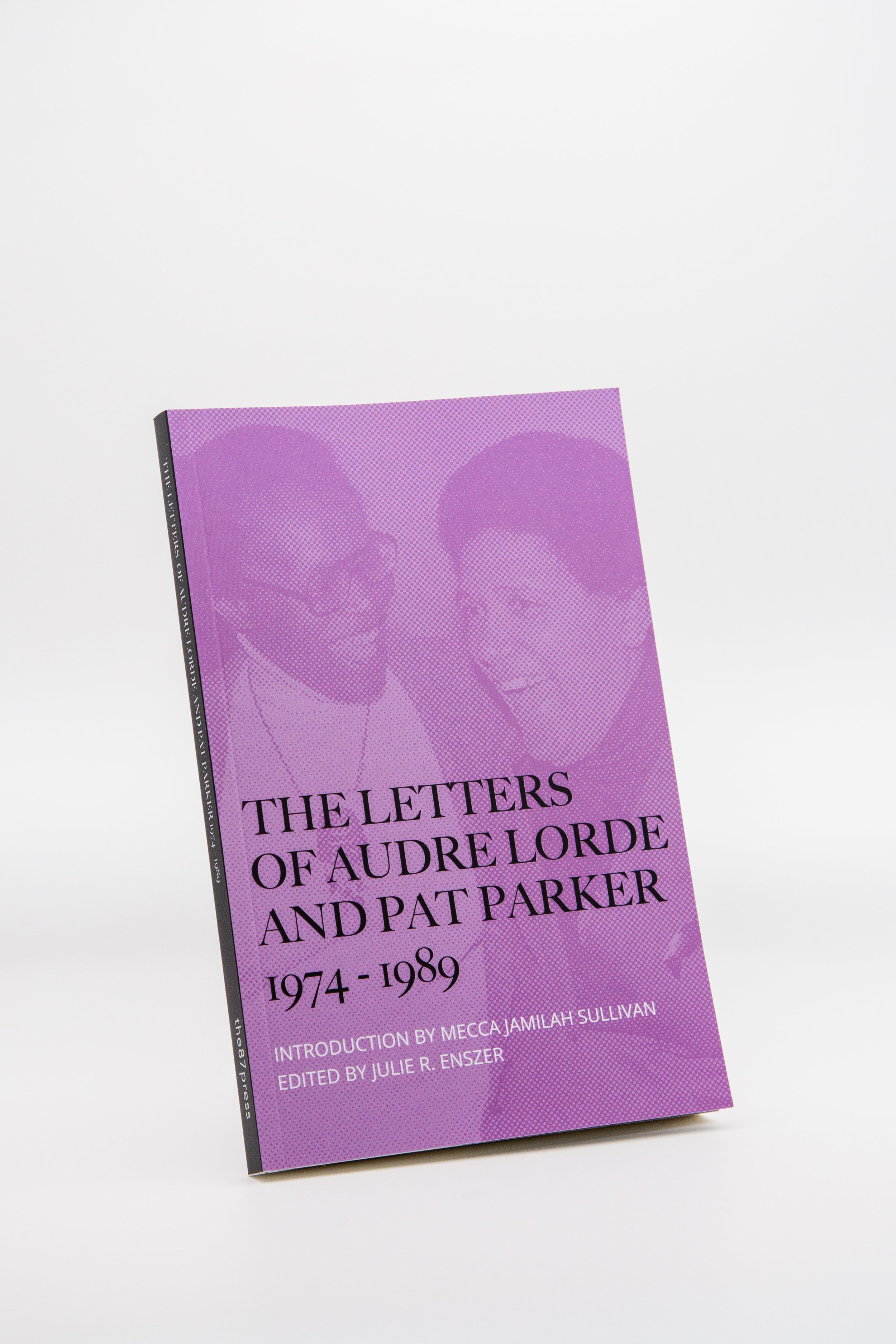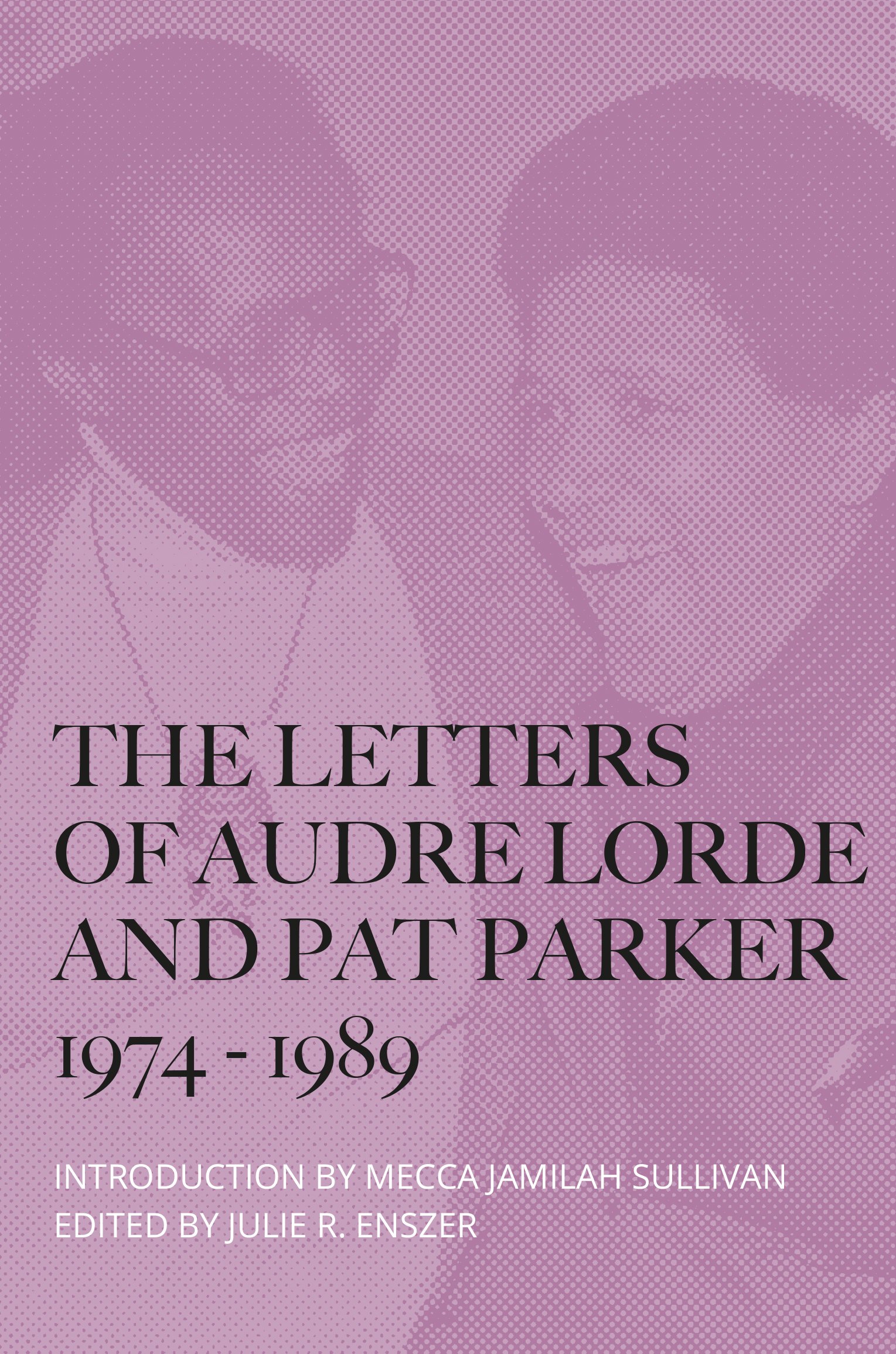 Image 1 of
Image 1 of

Lessons of Decal
by Sophie Seita
A decal is a copy, a transfer of forms and knowledge, something that sticks and leaves a mark. Lessons of Decal meditates on these transfers, on writing and making art, and on the many voices and art works that teach us how to read and think and be. Using personal reflections, close readings, and poetic interventions, Lessons of Decal gathers a series of passionate and playful essays that treat Form as their side-kick, experimenting with the confusing, unpredictable and pleasurable side of language along the way. Together, they make an impassioned call for nuance, curiosity, messiness, attentiveness, and pleasure. Lessons of Decal is a defence of complexity and confusion, across art and life.
by Sophie Seita
A decal is a copy, a transfer of forms and knowledge, something that sticks and leaves a mark. Lessons of Decal meditates on these transfers, on writing and making art, and on the many voices and art works that teach us how to read and think and be. Using personal reflections, close readings, and poetic interventions, Lessons of Decal gathers a series of passionate and playful essays that treat Form as their side-kick, experimenting with the confusing, unpredictable and pleasurable side of language along the way. Together, they make an impassioned call for nuance, curiosity, messiness, attentiveness, and pleasure. Lessons of Decal is a defence of complexity and confusion, across art and life.
by Sophie Seita
A decal is a copy, a transfer of forms and knowledge, something that sticks and leaves a mark. Lessons of Decal meditates on these transfers, on writing and making art, and on the many voices and art works that teach us how to read and think and be. Using personal reflections, close readings, and poetic interventions, Lessons of Decal gathers a series of passionate and playful essays that treat Form as their side-kick, experimenting with the confusing, unpredictable and pleasurable side of language along the way. Together, they make an impassioned call for nuance, curiosity, messiness, attentiveness, and pleasure. Lessons of Decal is a defence of complexity and confusion, across art and life.
ISBN: 9781739393908
188 pages
Date published: 08/12/2023
Paperback
Sophie Seita is an artist who uses language as a material within and across performance, books, video, sound, and installation. Her work has been commissioned, supported, performed, and published internationally, most recently, by the Roberts Institute of Art and Hunterian Museum in Glasgow; Independent Dance; Ma Bibliothèque; Queer Art Projects; Canada Council for the Arts; British Council; UP Projects; Literarisches Colloquium Berlin; Kunsthalle Darmstadt; JNU (New Delhi); Stanford University Press; Ugly Duckling Presse; Nightboat; and others.
How does the bronze wire speak back to the writer who tenders it? What is the role of autobiography in a teaching practice that develops questions through touch, and the theory of that touch? How can vulnerability, in writing, be the place that writing comes from, actually? Sophie Seita's essays are staged at the boundary of body and text, commitment and memory. Lessons of Decal invites an idea of the book as a set of gestures and possibilities, invoking (on every page) the experimental and queer ancestors who "speak nearby."
— Bhanu Kapil
A love-letter to artistic research, Seita's writing celebrates the desire, disorientation, and discovery to be found in feminist practices of reading. A potent reminder of the generative passion that we can only wish motivated all critical inquiry.
— Gordon Hall
Reading Sophie Seita’s invigorating and instructive essay collection, Lessons of Decal, I returned to key questions about and practices of reading and artmaking, which Seita explores from numerous angles: queer, feminist, historicist, bibliophilic, political, and personal ones, to name but a few. Here the figure of the decal is but one of the many productive metaphors Seita explores. Employing playful, innovative prose forms that took me beyond the page into the space of performance—many of these essays were originally presented live and in print have lost none of their brio--Seita drafts an original roadmap for thinking about past art and making new art today.
— John Keene








